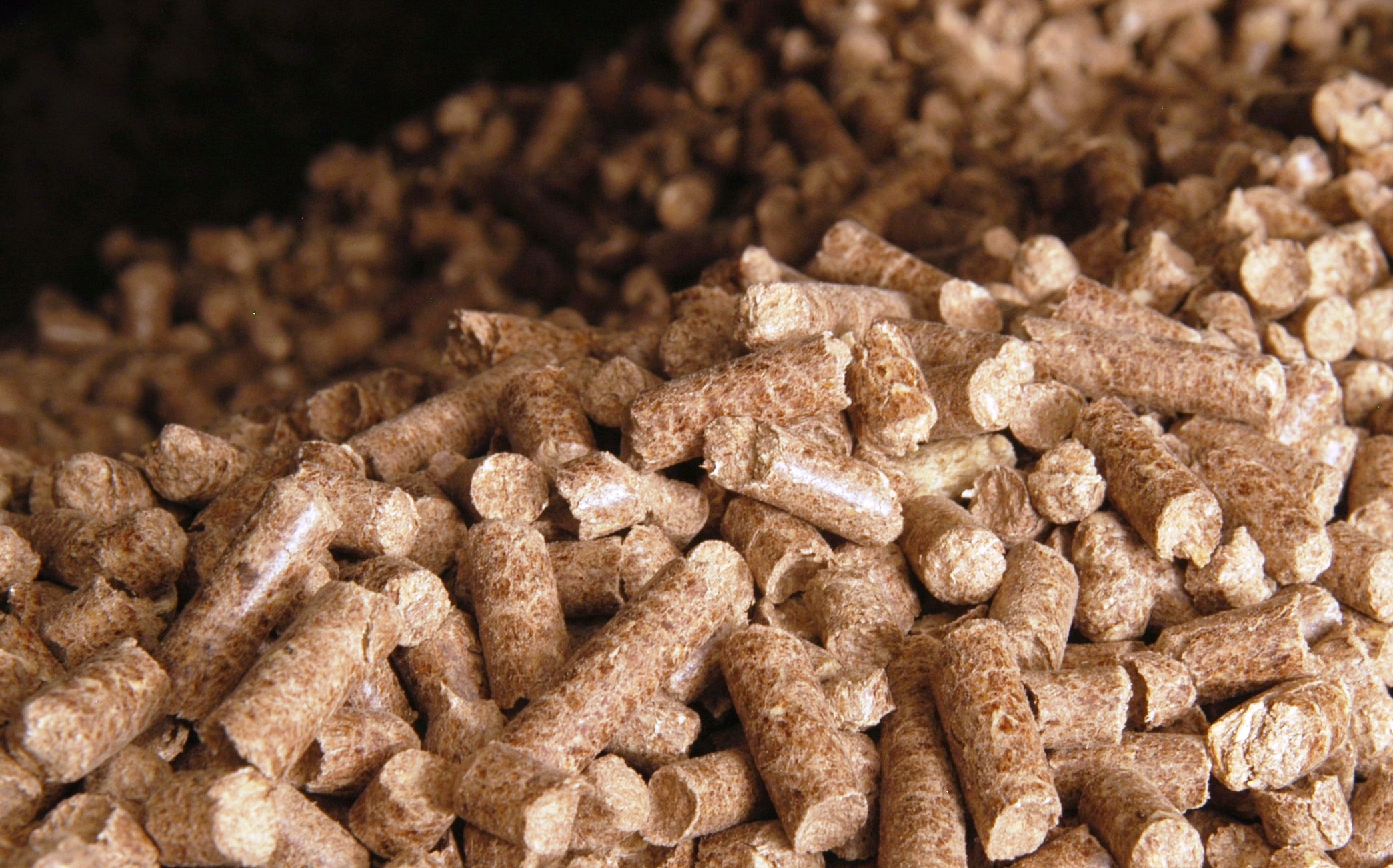In a world increasingly focused on sustainable and eco-friendly energy sources, pellet fuels have emerged as a key player in shaping renewable energy policies. These small, compressed pellets made from organic materials like wood, agricultural residues, and even certain types of waste have gained significant attention for their efficiency and versatility in meeting energy needs while reducing environmental impact. In this article, we’ll explore how pellet fuels are playing a pivotal role in driving renewable energy policies worldwide.
1. The Pellet Revolution
The rise of pellet fuels can be attributed to their clean-burning properties and ease of transport and storage. These pellets are typically used in pellet stoves, biomass boilers, and power plants, making them a versatile choice for both residential and industrial applications. Comp pellets have become a reliable and efficient renewable energy source with a high energy density and low moisture content.

2. Reducing Carbon Footprints
One of the most significant benefits of pellet fuels is their ability to reduce carbon emissions. Burning pellets releases significantly fewer greenhouse gases compared to traditional fossil fuels, such as coal and oil. This reduction in carbon emissions aligns perfectly with the goals of renewable energy policies to combat climate change.
3. Supporting Sustainable Forestry
Pellet production often relies on byproducts of the forestry and agricultural industries, encouraging sustainable land management practices. This reduces waste and supports rural economies and promotes responsible land use, further reinforcing the positive environmental impact of pellet fuels.
4. Versatility in Energy Generation
Pellet fuels can be used in various applications, including residential heating, district heating, and electricity generation. This versatility makes them a valuable resource in addressing different aspects of energy consumption and aligning with renewable energy targets set by governments worldwide.
5. International Regulatory Frameworks
Pellet fuels are gaining international recognition as a vital component of renewable energy portfolios. Governments increasingly include pellets in their energy policies and offer incentives to promote their production and use. As a result, the pellet industry is experiencing significant growth and innovation.
6. Challenges and Opportunities
While pellet fuels have made remarkable strides in renewable energy policies, challenges remain. Ensuring a sustainable supply chain, addressing emissions from pellet production, and promoting responsible sourcing of raw materials are key areas that policymakers are actively working on. However, these challenges also present opportunities for innovation and investment in the pellet industry.

7. The Future of Pellet Fuels
The future of pellet fuels appears bright. As technology improves and sustainability practices evolve, the use of pellets as a renewable energy source is expected to expand further. Government support and international cooperation will be essential in realizing the full potential of pellet fuels in shaping renewable energy policies for a greener future.
In conclusion, pellet fuels are crucial in shaping renewable energy policies by offering a clean, versatile, and sustainable energy source. As governments and industries worldwide recognize the importance of reducing carbon emissions and transitioning to eco-friendly energy solutions, the pellet industry is set to continue its growth and influence in the renewable energy landscape.
